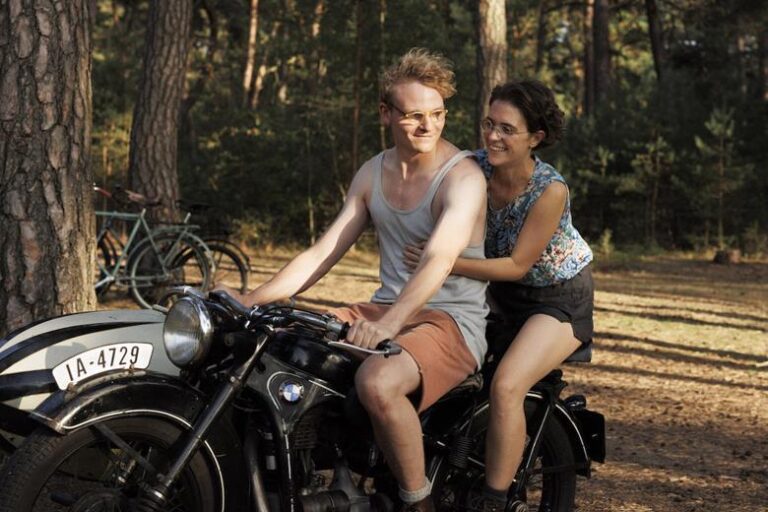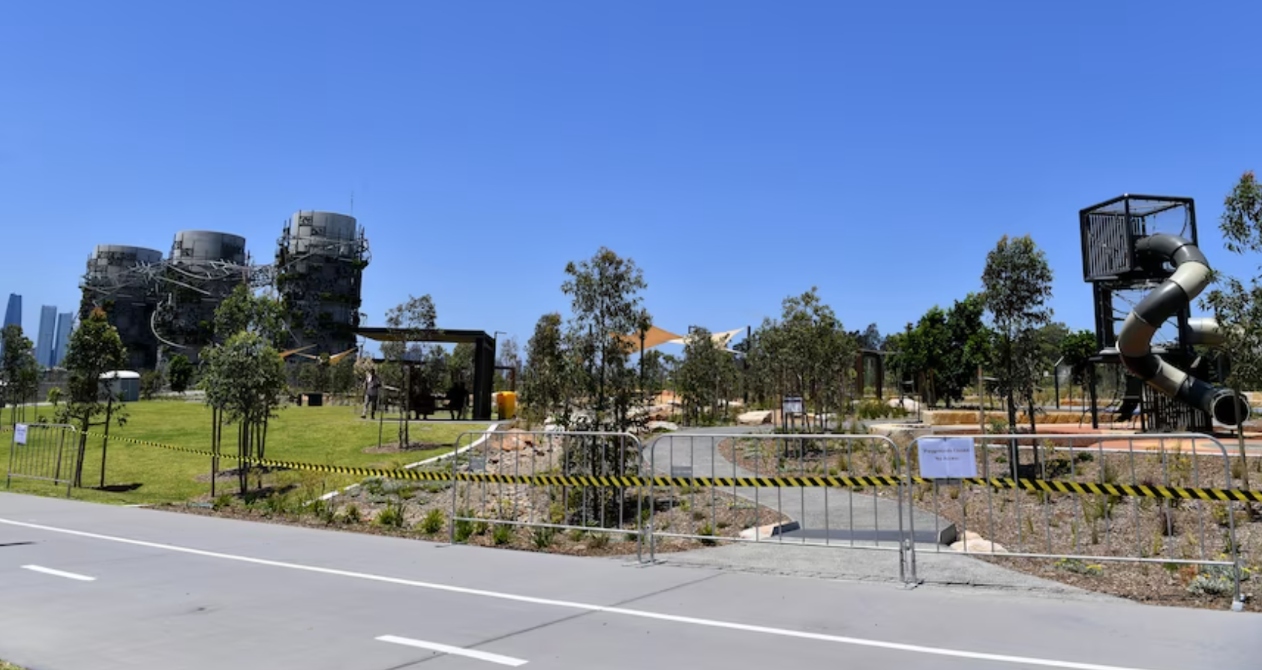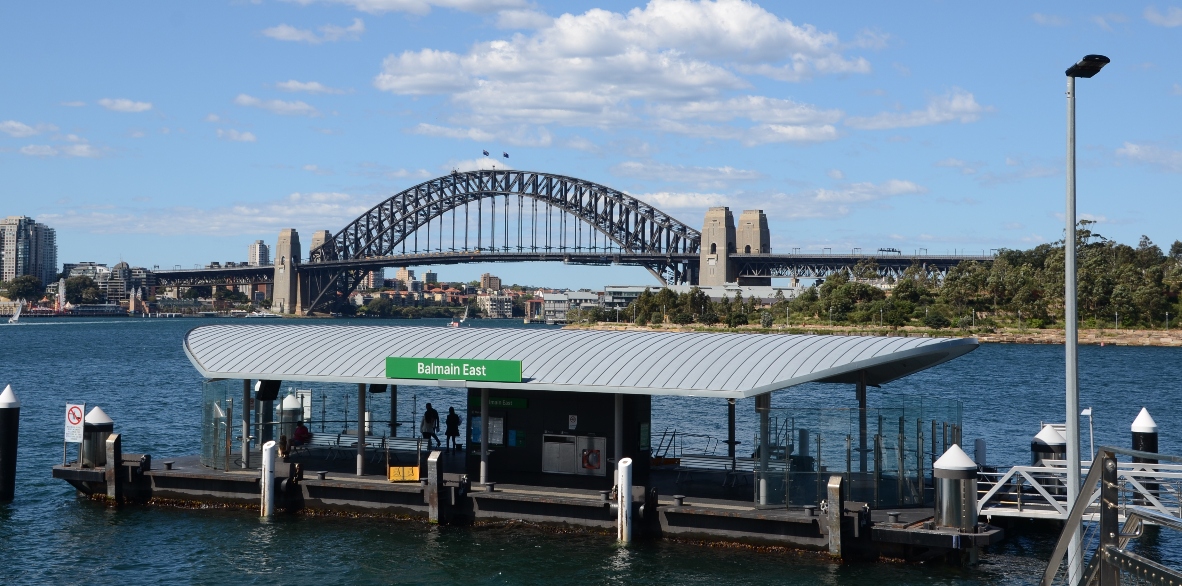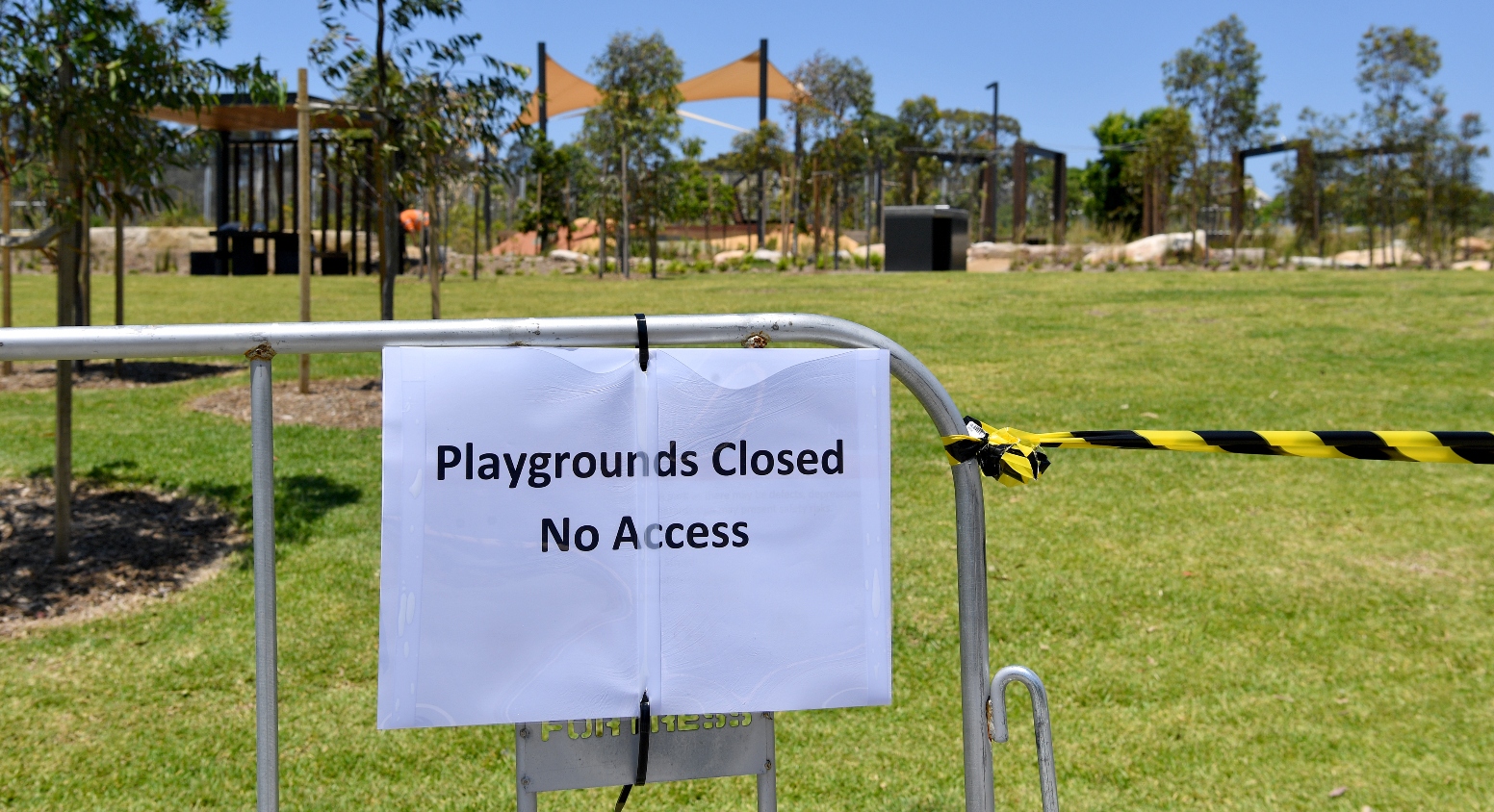
One year after the greyhound ban
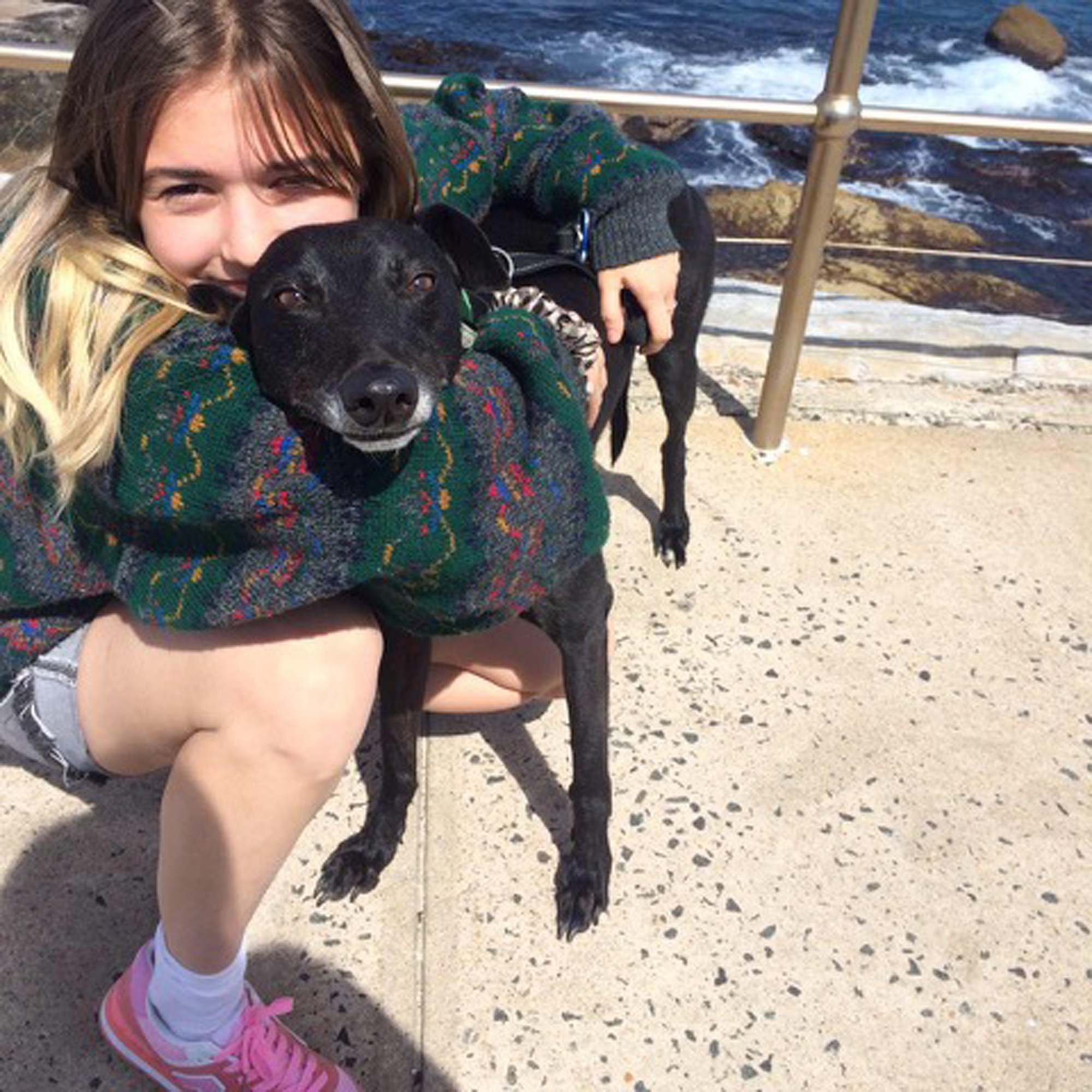
BY ALEX EUGENE
It’s the first anniversary of former Premier Mike Baird’s short-lived ban on greyhound racing — leading to what Parliamentary Opposition Leader Luke Foley called “mother of all back flips”.
Mr Baird had declared a total ban on greyhound racing in NSW after the shocking exposure of cruelty rife within the industry, including the use of live animals to bait dogs, and the mass killing of greyhounds that were not deemed fast enough for racing.
The ban was applauded by the Greens and welfare groups, despite rumours that Baird’s real incentive was a greedy grab for Wentworth Park in Sydney’s CBD, one of the rare remaining spacious, leafy expanses in the area.
But just months later the former Premier made a red-faced admission that he had “made a mistake” and had decided to give the NSW Greyhound racing industry a second chance.
Ellen Harris, Operations Manger of NSW Greyhound Breeders, Owners and Trainers’ Association in Wentworth Park said “the NSW GBOTA is committed to the reform journey the industry is on.
Steps are already in place including increased integrity, studies to review track design so to drive less track based injuries, increased rehoming opportunities,” she said.
Ms Harris said assuring the public that cruelty is not part of the greyhound industry was key to the organisation. She said the NSW GBOTA was working with the NSW Greyhound Welfare and Integrity Commission to “enhance processes already in place to detect wrongdoing and enforce rules.”
But Janet Flann, the founder of Greyhound Rescue was sceptical about the reforms.
“We have homed over 800 greyhounds, many with injuries or in poor condition. We have also received greyhounds in good condition, but at the end of the day the owners did not want them, thus adding to our problems,” she said.
“We also know that thousands of these beautiful greyhounds are euthanised each year to keep the industry going. In view of this, we are against greyhound racing and look forward to the day when it no longer exists.”
Ms Flynn said that although their focus was caring for the dogs rather than activism, they supported groups who were doing so.
Dr Mehreen Faruqi MLC, the Greens member for NSW and Animal Welfare spokesperson, said the original ban just over a year ago should never have been lifted.
“July 1 should have been the day that greyhound racing in NSW stopped once and for all, putting an end to the deaths, the drugging and the cruelty. From now on, responsibility for every incident of cruelty rests squarely on the shoulders of the NSW Liberal, National and Labor parties.
Dr Faruqi said she would also be putting pressure on airlines to stop carrying greyhounds overseas, to countries where welfare standards were known to be “almost non-existent.”
“For example, we know dogs in Macau are quite literally raced to death,” she said.
Lauren Jumikis, an inner West resident, has fostered three greyhounds to date through Greyhound Rescue, and vouched for their suitability for city living.
“My current foster dog, Sassy is only one and a half years old, and in the first couple of weeks, she was a bit scared of small dogs. However, after daily exposure, she is happy to say hello, and she has all the confidence to meet any dog,” she said.
Another young couple, Zosia Smith and Yong Guck Gim, fostered their first greyhound after moving into a townhouse in Glebe which allowed pets. The dog, Marlon has been happily with them for several months now.
“It’s been hugely rewarding to see him develop his confidence and personality,” Ms Smith said.
The couple found it easy with the support of Greyhound Rescue, who pay the full cost of vet bills while dogs are being fostered.
“We found it straightforward, They made sure the greyhound we fostered was the right fit for us. When we visited the kennels, we met Marlon and took him home the same day. He settled into family life very quickly,” said Mr Gim.
Mehreen Faruqi said it was people on the ground- like foster carers- who would have to do the work to stamp out cruelty, since the government couldn’t be trusted with it.
“One thing is clear; we cannot rely on the Government or other political parties to stop the cruelty. Only people power can continue to expose the cruelty and pressure those companies that continue to profit from it,” she said.
